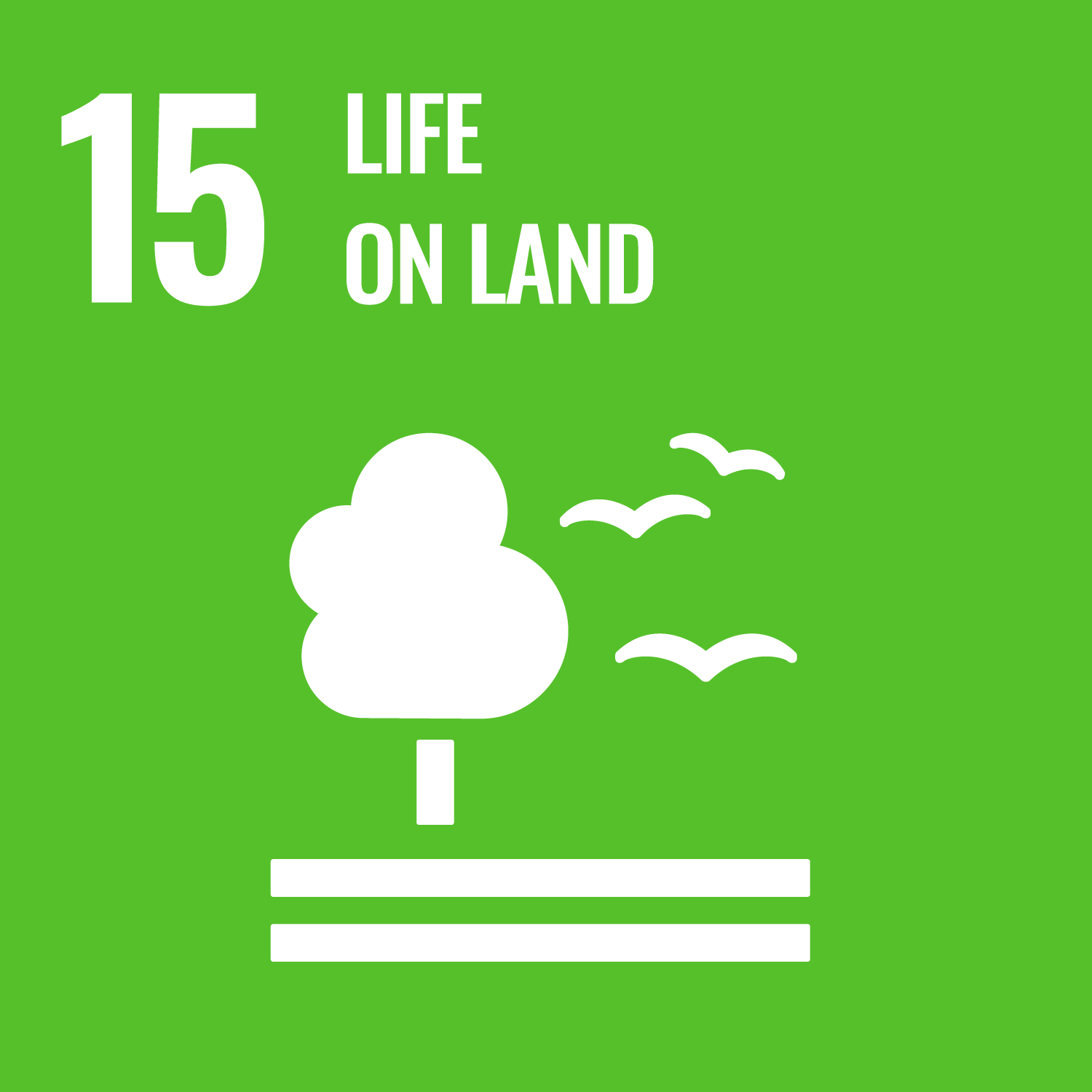Parra‐Sanchez, E. orcid.org/0000-0003-2670-3882, Latombe, G. orcid.org/0000-0002-8589-8387, Mills, S.C. orcid.org/0000-0002-1880-8425 et al. (12 more authors) (2025) Tropical land‐use change disrupts zeta‐diversity across taxa. Global Change Biology, 31 (5). e70245. ISSN 1354-1013
Abstract
Land-use change causes community turnover via local extinction and colonisation of species, driving biotic homogenization or heterogenization at larger spatial scales. Quantification of these processes has focused on beta-diversity metrics, which upweight rarity and overlook the role of widespread species. A key knowledge gap is understanding the impact of land-use change on both rare and widespread species—zeta-diversity—allowing the detection of statistical patterns and drivers based on community turnover across space. We sampled bird, dung beetle, and orchid communities in 341 plots across natural (Andean forests and paramo) and transformed habitats (pasturelands) spanning ~270 km north-to-south in the Colombian Andes. We detected major losses in species richness following land-use conversion, which disrupts zeta-diversity across elevation in two ways. First, biodiversity patterns are rewired such that bird and dung beetle communities become structured by dispersal ability, overriding the effects of natural biogeographical drivers (i.e., elevation) and landscape conditions (i.e., canopy cover). Second, land-use change causes biotic homogenization across bird communities, with pasture retaining twice as many widespread species than natural habitats, and a four-fold reduction in widespread dung beetle species pointing to subtractive heterogenization. Orchid communities show high community turnover in both natural and transformed habitat. Our results show that the effect of local deforestation has a doubly devastating impact simplifying communities and reducing widespread species. Transforming natural habitats into anthropogenic landscapes may substantially raise extinction risk for communities composed of both widespread and rare species, especially in orchids as the most sensitive taxon.
Metadata
| Item Type: | Article |
|---|---|
| Authors/Creators: |
|
| Copyright, Publisher and Additional Information: | © 2025 The Author(s). This is an open access article under the terms of the Creative Commons Attribution License, which permits use, distribution and reproduction in any medium, provided the original work is properly cited. http://creativecommons.org/licenses/by/4.0/ |
| Keywords: | community assembly; deforestation; habitat loss; montane ecosystems; rarity; tropical Andes |
| Dates: |
|
| Institution: | The University of Sheffield |
| Academic Units: | The University of Sheffield > Faculty of Science (Sheffield) > School of Biosciences (Sheffield) |
| Funding Information: | Funder Grant number NATURAL ENVIRONMENT RESEARCH COUNCIL NE/R017441/1 |
| Depositing User: | Symplectic Sheffield |
| Date Deposited: | 19 May 2025 12:05 |
| Last Modified: | 19 May 2025 12:05 |
| Status: | Published |
| Publisher: | Wiley |
| Refereed: | Yes |
| Identification Number: | 10.1111/gcb.70245 |
| Related URLs: | |
| Sustainable Development Goals: | |
| Open Archives Initiative ID (OAI ID): | oai:eprints.whiterose.ac.uk:226815 |



 CORE (COnnecting REpositories)
CORE (COnnecting REpositories) CORE (COnnecting REpositories)
CORE (COnnecting REpositories)